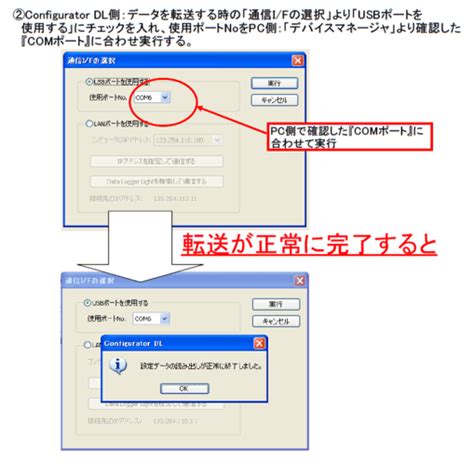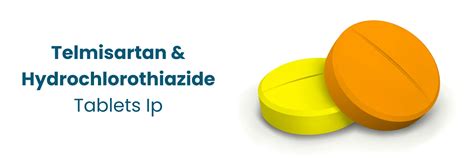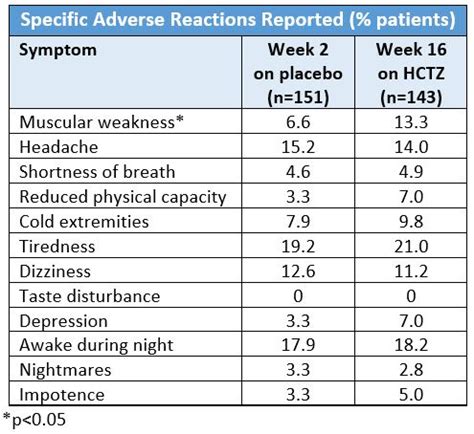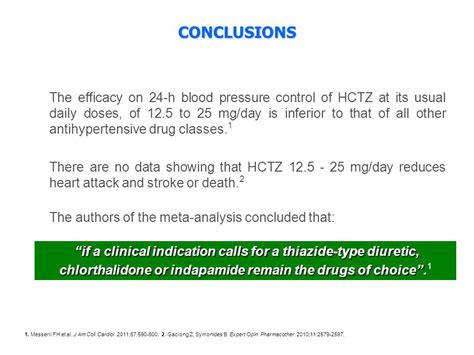Intro
The importance of understanding how Hctz works cannot be overstated, especially for individuals dealing with high blood pressure or fluid retention issues. Hctz, or hydrochlorothiazide, is a commonly prescribed diuretic that helps the body get rid of excess fluid and salt. This medication is often used to treat conditions such as hypertension, edema, and nephrotic syndrome. By grasping the mechanism of action of Hctz, patients can better appreciate the benefits and potential side effects associated with its use.
Hctz is part of a class of medications known as thiazide diuretics, which work by inhibiting the reabsorption of sodium and chloride in the kidneys. This process leads to increased urine production, helping to reduce blood volume and alleviate pressure on the blood vessels. As a result, Hctz is effective in lowering blood pressure and reducing swelling caused by excess fluid accumulation. The effects of Hctz are not limited to these benefits, as it also plays a role in managing other conditions, such as diabetes insipidus and certain types of kidney disease.
The widespread use of Hctz can be attributed to its relatively safe profile and effectiveness in managing various health conditions. However, it is crucial for patients to follow their doctor's instructions and attend regular check-ups to monitor their condition and adjust the treatment plan as needed. By doing so, individuals can maximize the benefits of Hctz while minimizing potential side effects. As we delve deeper into the workings of Hctz, it becomes clear that understanding its mechanism of action, benefits, and potential drawbacks is essential for patients and healthcare professionals alike.
How Hctz Works in the Body
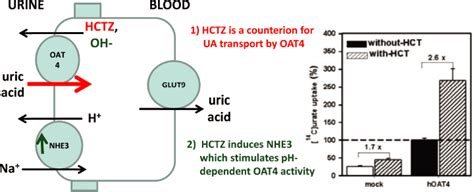
Hctz works by targeting the kidneys, specifically the distal convoluted tubule, where it inhibits the sodium-chloride symporter. This inhibition prevents the reabsorption of sodium and chloride ions, leading to increased excretion of these ions in the urine. As a result, water follows the ions, and the body loses excess fluid, which helps to reduce blood volume and pressure. The effects of Hctz on the kidneys also lead to increased calcium reabsorption, which can be beneficial for individuals with calcium deficiencies.
The mechanism of action of Hctz involves several key steps:
- Inhibition of sodium and chloride reabsorption in the distal convoluted tubule
- Increased excretion of sodium, chloride, and water in the urine
- Reduction in blood volume and pressure
- Increased calcium reabsorption
By understanding these steps, patients can better appreciate the benefits and potential side effects associated with Hctz use. For example, the increased excretion of potassium ions can lead to hypokalemia, a condition characterized by low potassium levels in the blood.
Benefits of Hctz
The benefits of Hctz are numerous and well-documented. Some of the most significant advantages of using Hctz include: * Lowering blood pressure: Hctz is effective in reducing blood pressure, which can help to prevent cardiovascular disease, stroke, and kidney damage. * Reducing swelling: Hctz helps to alleviate swelling caused by excess fluid accumulation, which can be beneficial for individuals with conditions such as edema and nephrotic syndrome. * Managing diabetes insipidus: Hctz can help to reduce urine production in individuals with diabetes insipidus, a condition characterized by excessive thirst and urination. * Treating kidney disease: Hctz can help to manage certain types of kidney disease, such as nephrotic syndrome, by reducing proteinuria and slowing disease progression.Side Effects of Hctz
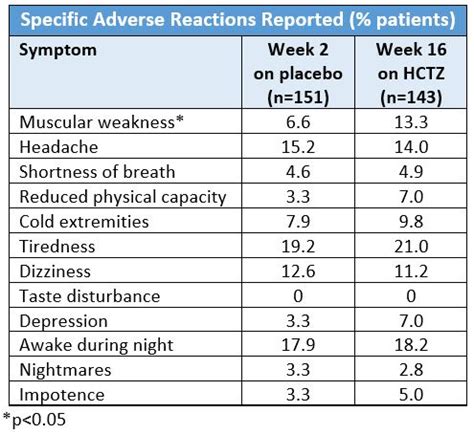
While Hctz is generally well-tolerated, it can cause several side effects, including:
- Hypokalemia: Increased excretion of potassium ions can lead to low potassium levels in the blood.
- Hypomagnesemia: Hctz can cause magnesium deficiency, which can lead to muscle weakness, fatigue, and other symptoms.
- Increased uric acid levels: Hctz can increase uric acid levels, which can lead to gout or worsen existing gout symptoms.
- Allergic reactions: Some individuals may experience allergic reactions to Hctz, such as rash, itching, or difficulty breathing.
It is essential for patients to report any side effects to their doctor, as they can often be managed with adjustments to the treatment plan or by switching to a different medication.
Interactions with Other Medications
Hctz can interact with several other medications, including: * Loop diuretics: Combining Hctz with loop diuretics can increase the risk of hypokalemia and hypomagnesemia. * ACE inhibitors: Using Hctz with ACE inhibitors can increase the risk of hyperkalemia, a condition characterized by high potassium levels in the blood. * Nonsteroidal anti-inflammatory drugs (NSAIDs): Combining Hctz with NSAIDs can increase the risk of kidney damage and reduce the effectiveness of Hctz.Patients should inform their doctor about all medications they are taking, including prescription and over-the-counter medications, to minimize the risk of interactions.
Practical Tips for Taking Hctz

To get the most out of Hctz, patients should follow these practical tips:
- Take Hctz as directed: Patients should take Hctz exactly as prescribed by their doctor, without skipping or doubling doses.
- Monitor blood pressure: Regular blood pressure monitoring can help patients track the effectiveness of Hctz and adjust their treatment plan as needed.
- Stay hydrated: While Hctz can help reduce fluid retention, it is essential for patients to stay hydrated by drinking plenty of water.
- Follow a low-sodium diet: Reducing sodium intake can help enhance the effects of Hctz and reduce blood pressure.
By following these tips, patients can maximize the benefits of Hctz while minimizing potential side effects.
Conclusion and Next Steps
In conclusion, Hctz is a valuable medication for managing high blood pressure, fluid retention, and other conditions. By understanding its mechanism of action, benefits, and potential side effects, patients can work closely with their doctor to develop an effective treatment plan. As with any medication, it is essential to follow the prescribed dosage and attend regular check-ups to monitor progress and adjust the treatment plan as needed.We invite readers to share their experiences with Hctz, ask questions, or provide feedback on this article. Your input can help us create more informative and engaging content in the future. Please feel free to comment, share this article, or take specific actions to learn more about Hctz and its uses.
What is Hctz used for?
+Hctz is used to treat high blood pressure, fluid retention, and other conditions such as edema, nephrotic syndrome, and diabetes insipidus.
How does Hctz work?
+Hctz works by inhibiting the reabsorption of sodium and chloride ions in the kidneys, leading to increased excretion of these ions and water in the urine.
What are the common side effects of Hctz?
+Common side effects of Hctz include hypokalemia, hypomagnesemia, increased uric acid levels, and allergic reactions.
Can I take Hctz with other medications?
+It is essential to inform your doctor about all medications you are taking, including prescription and over-the-counter medications, to minimize the risk of interactions.
How can I maximize the benefits of Hctz?
+To maximize the benefits of Hctz, patients should take the medication as directed, monitor blood pressure, stay hydrated, and follow a low-sodium diet.
